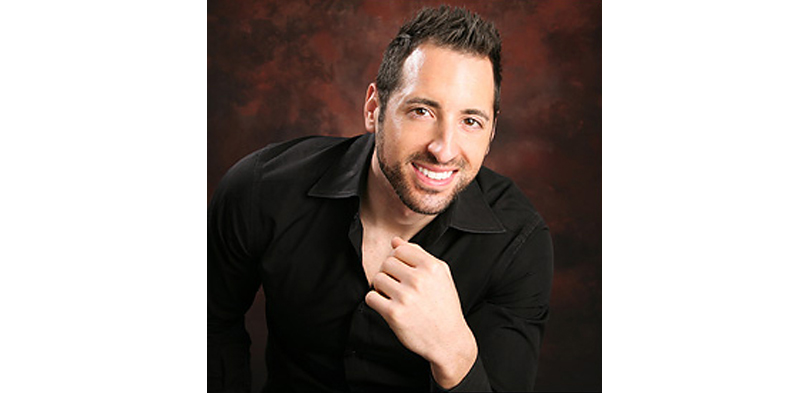As a young teenager, Jim White stood 5 feet 11 inches tall and weighed just 135 pounds. Classmates called him “bird chest” for his flat, muscle-free upper body. Then White’s older brother introduced him to weight lifting his junior year of high school—and it changed his life.
By college, White had packed on 55 pounds of muscle, along with confidence, strength and energy. His future, he decided, would be helping other people harness the power of fitness and nutrition, without pushing exercises they hate, calorie-counting or fear of food.
Now 35, the married Youngstown, Ohio, native owns Jim White Fitness & Nutrition Studios, a Virginia Beach, Virginia-based company with two locations and counting. White’s Fit-in-30 plan, which he turned into a book, jump starts clients with a month of exercise and meal plans to draw from for life, not just a limited time period.
“We’ve determined it takes 30 days for people to develop a habit,” explains White, a registered dietitian. “Once they start seeing results—losing 5 or 10 pounds, having more energy, better sleep and more confidence, and getting compliments—they get hooked.”
White’s public platforms include serving as a spokesman for the Academy of Nutrition & Dietetics, health fitness specialist for the American College of Sports Medicine, sports dietitian for Old Dominion University and on the advisory board for Men’s Fitness magazine. He also uses mobile apps and Internet programs to reach customers outside Hampton Roads.
In addition, his Jim White Community Fitness Foundation has supported school programs and offered Boot Camp classes, cooking demonstrations, gym memberships, shoes, pedometers and more to residents with fewer resources, including the homeless.
“I see people who are battling depression, disease and obesity; people who are on tons of medications seeing their lives deteriorating,” White says. “The beauty of what I do is that I get to witness lives transforming.”
White’s top three tips: find enjoyable ways to exercise, focus on tackling specific “vices”—late- night snacking or soda drinking, for example—and think of food as positive fuel: “If you’re saying, ‘I have to eat this’ or ‘I should never eat that’, you’re likely to develop a negative self-image.”
A distance runner, bodybuilder and outdoorsman, White launched his business journey by helping a cousin lose 30 pounds in exchange for free housing in Virginia Beach after college. As far as he’s come, though, he holds one group of clients particularly dear: the scrawny teenage athlete.
“They remind me,” he says, “of where I came from.”

